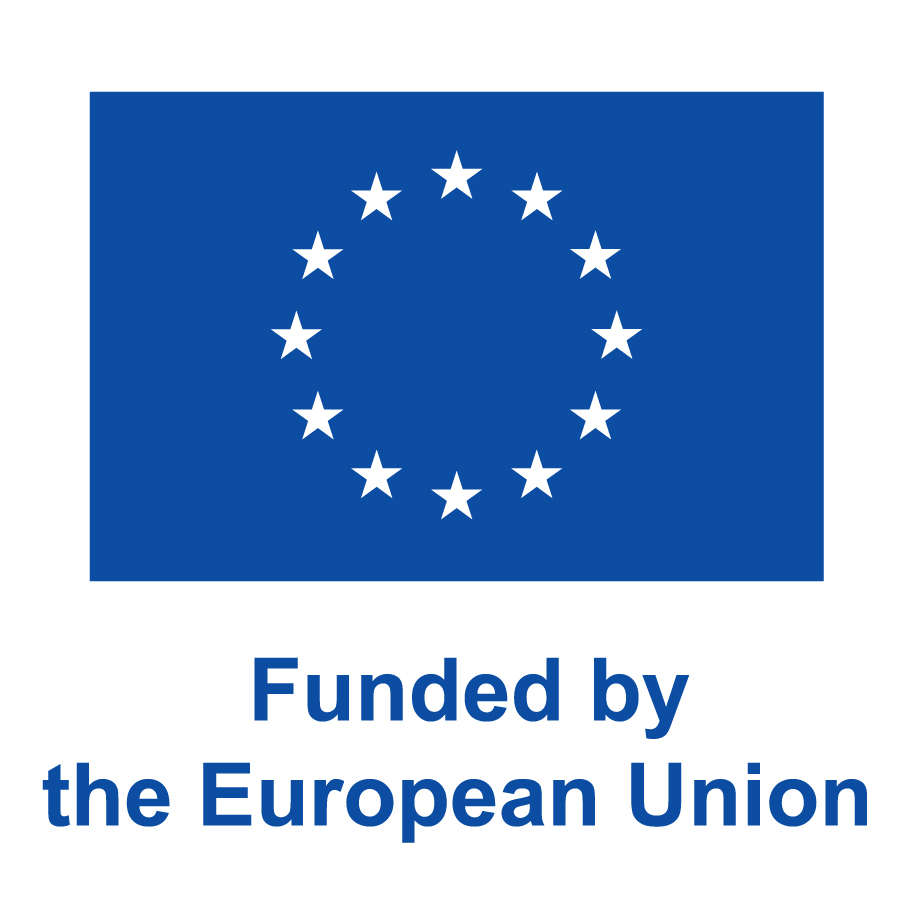Online child sexual abuse remains a critical issue, requiring an in-depth understanding of offender behaviour to effectively prevent and address these crimes. This training session aims to provide advanced insights into the behaviour and patterns of offenders, highlighting how this knowledge can be used to enhance prevention and intervention strategies.
Project 2KNOW has conducted extensive research into offenders of online sexual violence against children. This training will present detailed findings and practical applications for professionals working to combat these offenses. The 2KNOW project, funded by the EU, involves Protect Children, the University of Eastern Finland, and the Council of the Baltic Sea States (CBSS), and aims to improve data collection and support for child victims of sexual abuse. Learn more about the project: www.protectchildren.fi/en/2know
Agenda
- Welcome and Overview – Olivia Lind Haldorsson, Senior Adviser & Head of Children at Risk Unit at the Council of the Baltic Sea States
- Emerging Threats in Online Child Sexual Abuse – Anna Ovaska, Deputy Director at Protect Children and 2KNOW Project Coordinator
- Deep Dive into Research Methodology and Findings – Tegan Insoll, Head of Research at Protect Children
- Importance of Multilingual Research in Understanding Offenders – Eva Díaz Bethencourt, Specialist at Protect Children; Valeriia Soloveva, Specialist at Protect Children
- Innovative Prevention Techniques: From Research to Practice – Nina Vaaranen-Valkonen, Executive Director of Protect Children
- Closing Remarks and Networking – Anna Ovaska, Deputy Director at Protect Children and 2KNOW Project Coordinator
Project 2KNOW

Project 2KNOW is a two-year project funded by the European Commission’s Citizens, Equality, Rights and Values Programme (CERV), which aims to improve data collection on violence against children and to offer a scalable parental peer support model for carers of child victims of sexual abuse. The project partners include Protect Children, the University of Eastern Finland, and the Council of the Baltic Sea States (CBSS).